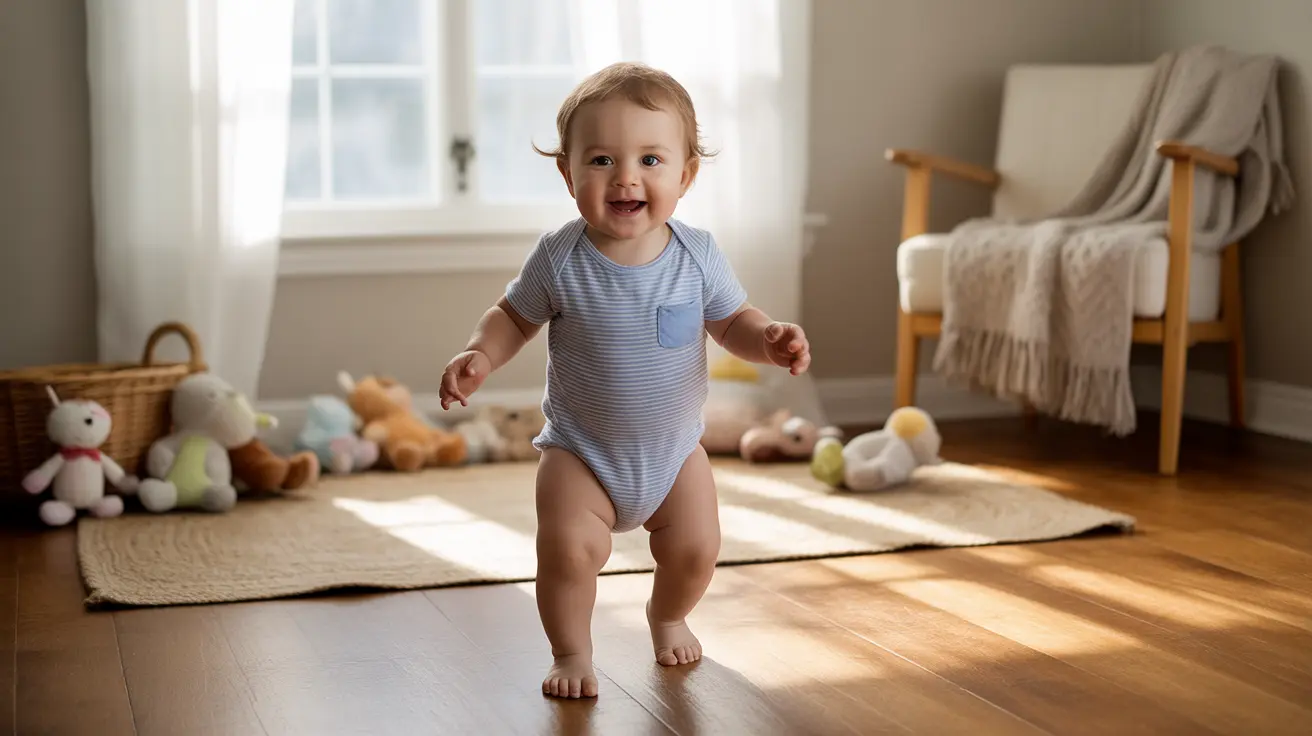The transition from baby to toddler is an exciting milestone in child development that brings significant changes in physical abilities, cognitive skills, and emotional expression. Understanding when this transformation occurs and what to expect can help parents better prepare for and support their child's growing independence.
While the shift from infancy to toddlerhood isn't marked by a single day or event, there are clear developmental markers that signal this important transition. Let's explore when babies officially become toddlers and what this transformative period means for both children and their caregivers.
Defining the Toddler Stage
The toddler stage typically begins around 12 months of age and extends through age 3. This period gets its name from the characteristic "toddling" walk that children develop as they learn to move independently on two feet. However, the exact timing can vary among children, as each develops at their own unique pace.
Key Physical Development Milestones
Walking and Motor Skills
The most obvious sign of entering toddlerhood is the development of walking skills. Most children take their first independent steps between 9 and 18 months, with 12 months being the average. Beyond walking, toddlers gradually master other physical skills:
- Running and climbing
- Jumping and hopping
- Throwing and catching
- Using utensils and drawing tools
- Going up and down stairs
Fine Motor Development
Toddlers also show significant progress in their fine motor skills, demonstrating increased control over small movements:
- Stacking blocks
- Turning pages in books
- Self-feeding with increased precision
- Beginning to draw and scribble
- Managing simple clothing fasteners
Cognitive and Language Development
The toddler period brings remarkable cognitive growth and language acquisition. Children begin to:
- Use simple words and phrases
- Follow basic instructions
- Recognize familiar objects and people
- Show early problem-solving skills
- Demonstrate imaginative play
Social and Emotional Changes
Toddlerhood is characterized by significant emotional development and emerging independence:
- Growing sense of self-awareness
- Expression of preferences and opinions
- Development of empathy
- Beginning of peer interactions
- Testing boundaries and asserting independence
Supporting Your Toddler's Development
Parents can foster healthy development during the toddler years through:
- Creating safe spaces for exploration
- Maintaining consistent routines
- Offering choices within appropriate limits
- Encouraging physical activity
- Reading together regularly
- Providing opportunities for social interaction
Frequently Asked Questions
When does a baby officially become a toddler, and what age range counts as toddlerhood?
A baby officially becomes a toddler around 12 months of age, and toddlerhood typically extends through age 3. This stage is primarily defined by the achievement of independent walking and the development of more complex physical and cognitive abilities.
What are the key milestones and signs that a child is entering the toddler stage?
Key signs include independent walking, increased vocabulary, better hand coordination, growing independence, and more complex social interactions. These milestones typically emerge between 12-18 months of age.
How do toddler development and behavior differ from those of infants or preschoolers?
Toddlers show greater independence, mobility, and communication skills than infants, but less sophisticated abilities than preschoolers. They experience rapid physical and cognitive development, along with emerging self-awareness and emotional expression.
What are some typical physical and emotional changes to expect during the toddler years?
Physical changes include improved coordination, fine motor skills, and mobility. Emotional changes involve increased independence, expression of preferences, testing boundaries, and development of basic empathy and social skills.
How can parents support healthy growth and independence in children during the toddler stage?
Parents can support toddlers by creating safe environments for exploration, maintaining consistent routines, offering appropriate choices, encouraging physical activity, reading together, and providing opportunities for social interaction while setting clear, age-appropriate boundaries.




